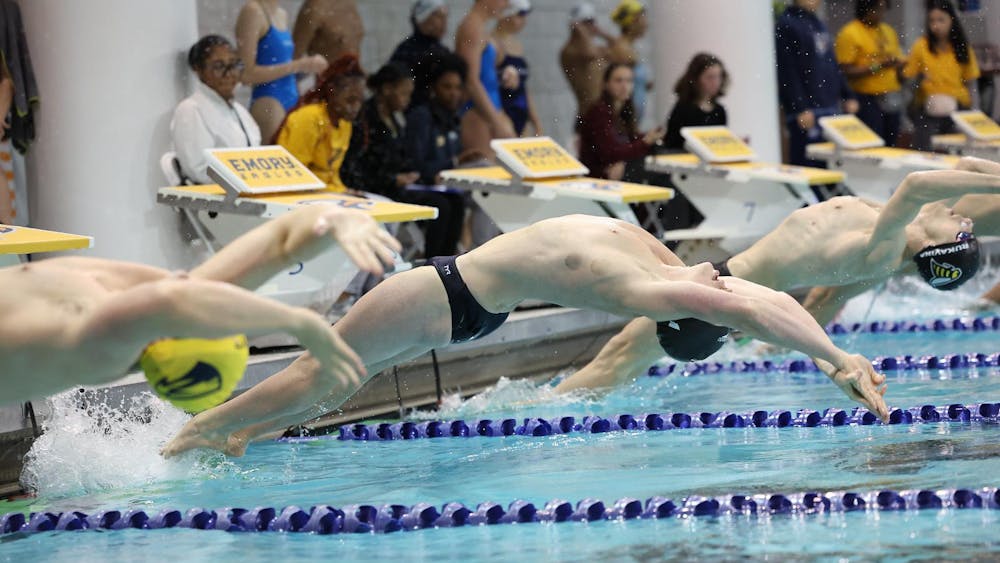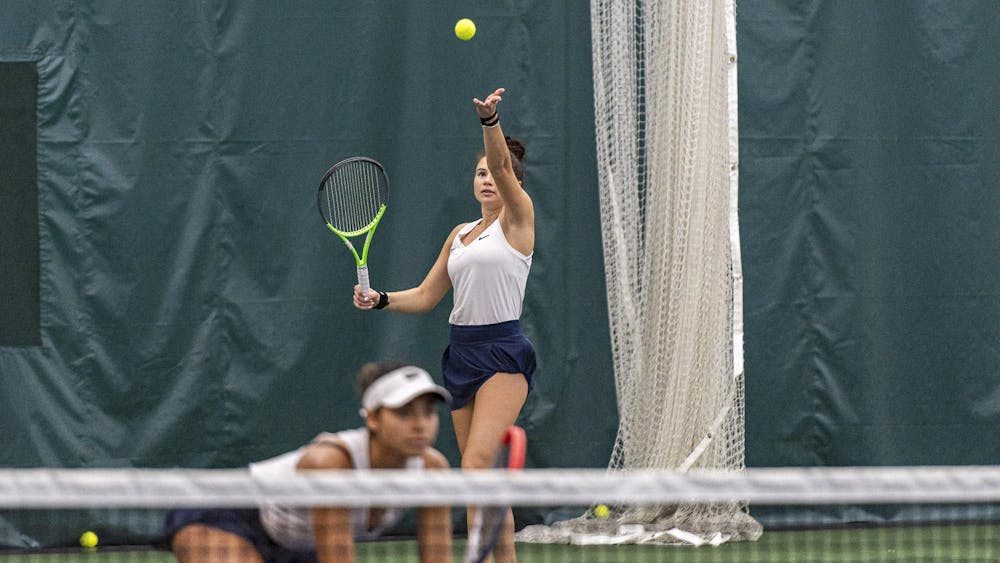I had nary a moment on March 11 to rejoice in the victory of my hometown Philadelphia 76ers over the Detroit Pistons before being jarringly confronted with the news that I had just witnessed my team’s last game for at least the next few weeks.
That evening, the NBA announced it was suspending its season indefinitely in response to the novel coronavirus (COVID-19) pandemic. The decision came quickly after Utah Jazz player Rudy Gobert tested positive for the virus.
This decision elicited both shock and awe across the sports world. Never has a North American professional sports league ended their season so abruptly, at least recently. Player union strikes have delayed leagues before, and the terror of Sept. 11, 2001, halted not only the MLB, but the entire country. Never, however, has a league suspended its season in response to a pandemic.
The health and safety of players and fans should always be the No. 1 priority for leagues like the NBA. Given that Gobert had played the Detroit Pistons on March 9 and had likely exposed his team to the virus, it was evident that the NBA needed to postpone the Jazz’s game versus the Oklahoma City Thunder on March 11, and then the rest of the season.
The hastiness of their decision left several questions unanswered, though: How has COVID-19 thus far affected NBA players and employees, and how might the suspension affect this season, economically and logistically?
For starters, it is unclear when Gobert contracted the virus, but can reasonably be assumed that he was contagious on March 9 when the Jazz played the Pistons. Gobert has already passed the virus to one of his teammates. However, he may have also transferred COVID-19 to Pistons players and team personnel, who traveled to Philadelphia for their March 11 matchup. Members of the 76ers may have been exposed to the disease as well as members of the Thunder, who were quarantined after their game against the Jazz was postponed. That means at least four teams, thousands of fans and anyone who came into contact with the aforementioned parties may, therefore, be infected. The NBA has its own epidemic on its hands.
Secondly, fans will demand refunds for tickets they had bought for games that will now not be played. Concession workers and other team and stadium employees who are paid hourly, and in tips, have suddenly lost a large chunk of their income. Dallas Mavericks’ Owner Mark Cuban is creating a program to help affected Mavericks workers. But it remains unclear how teams nationwide will address these issues, which will no doubt cause massive economic strife.
Thirdly, the suspension is likely to wreak havoc on (at least) next year’s salary cap. To calculate a given year’s cap, the NBA factors in projected generated revenue from the season prior. With the NBA on hiatus and previous plans to play games without fans, the league is sure to lose significant revenue from games.
As a result, the salary cap may decrease, which would affect each team as teams manage their salaries based on the projected salary cap. Teams like the 76ers, who will have three players on max contracts next season, could pay more in luxury tax, or the tax that teams pay to the league if their total yearly salary exceeds the cap. The amount of tax paid depends on how excess salary a team pays. With a lower cap, an unusual amount of teams will likely pay more of the luxury tax should the salary cap decrease.
The NBA’s COVID-19-induced suspension lowers the risk of virus transmission, though other players have already been exposed and contracted the disease aside from Gobert. Nonetheless, the NBA is minimizing the chances that their fans, players or employees contract the virus at the expense of throwing themselves into financial disarray. There are too many parties affected for an economic panacea to work, so the NBA will have to get creative as they navigate COVID-19.
To reiterate, however, COVID-19 is a pandemic, the consequences of which the world has never seen before. There is optimism that the NBA will return to action at some point, but for now, the league did its job in suspending the season and protecting its players, fans and others. The MLB, NHL and many collegiate leagues have followed suit and suspended play indefinitely. Although the NCAA recently announced that the March Madness tournament would continue — albeit, without fans — public pressure to postpone or cancel the competition is mounting, so I wouldn’t be surprised if the NCAA yields to pressure.
There are still a lot of questions to be answered as COVID-19 continues to spread. Expect more sports-related developments while the world attempts to rid itself of this virus.





